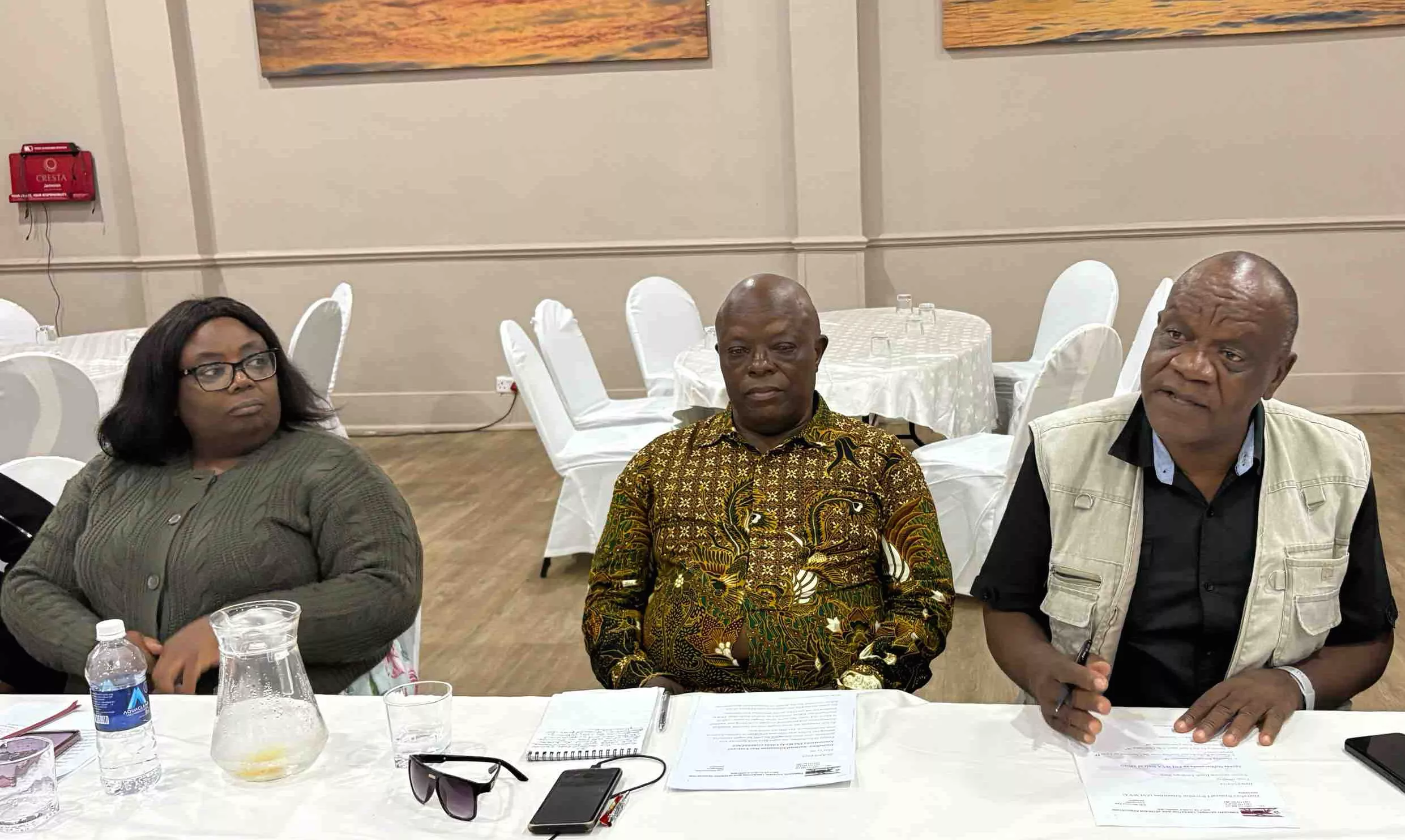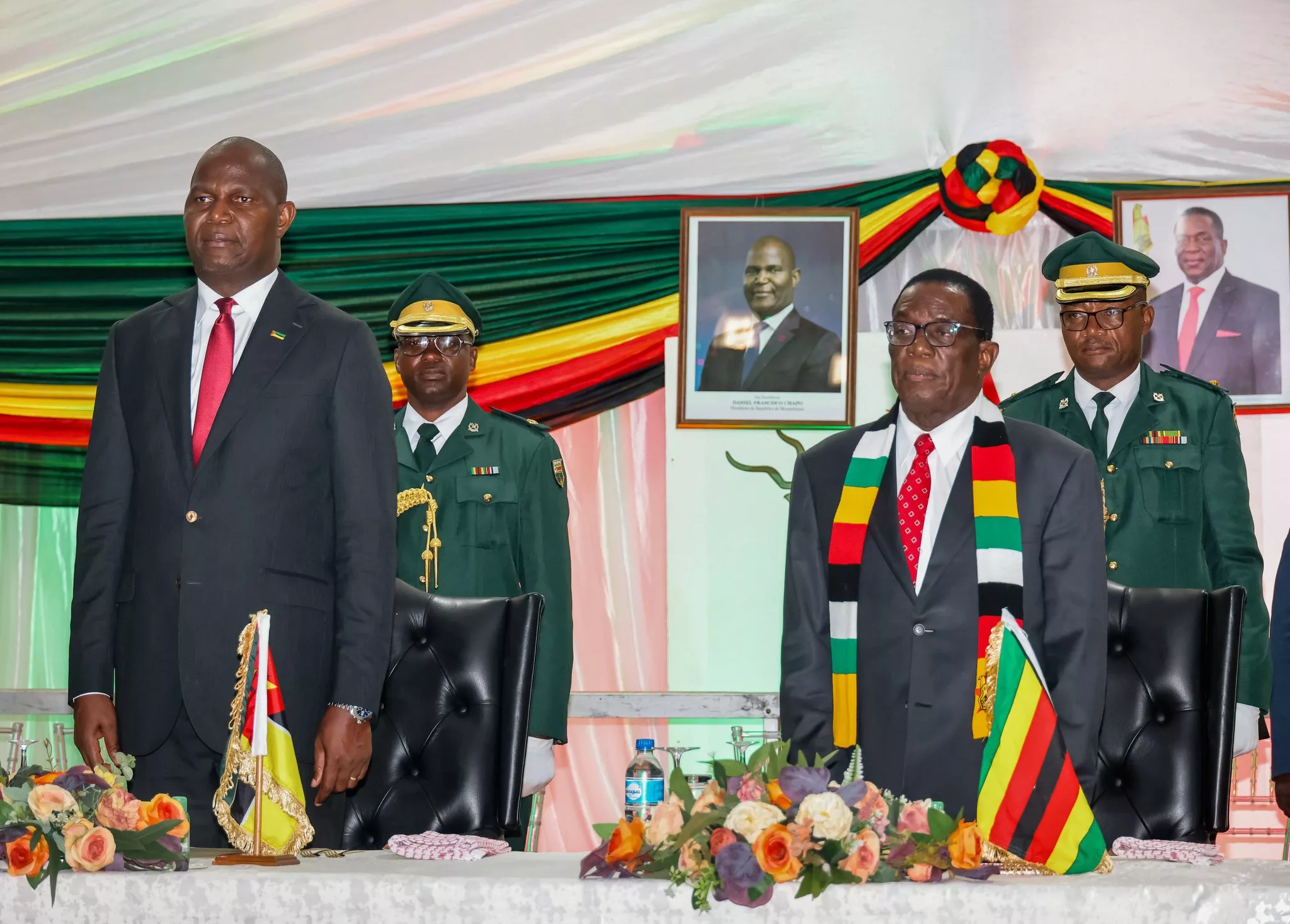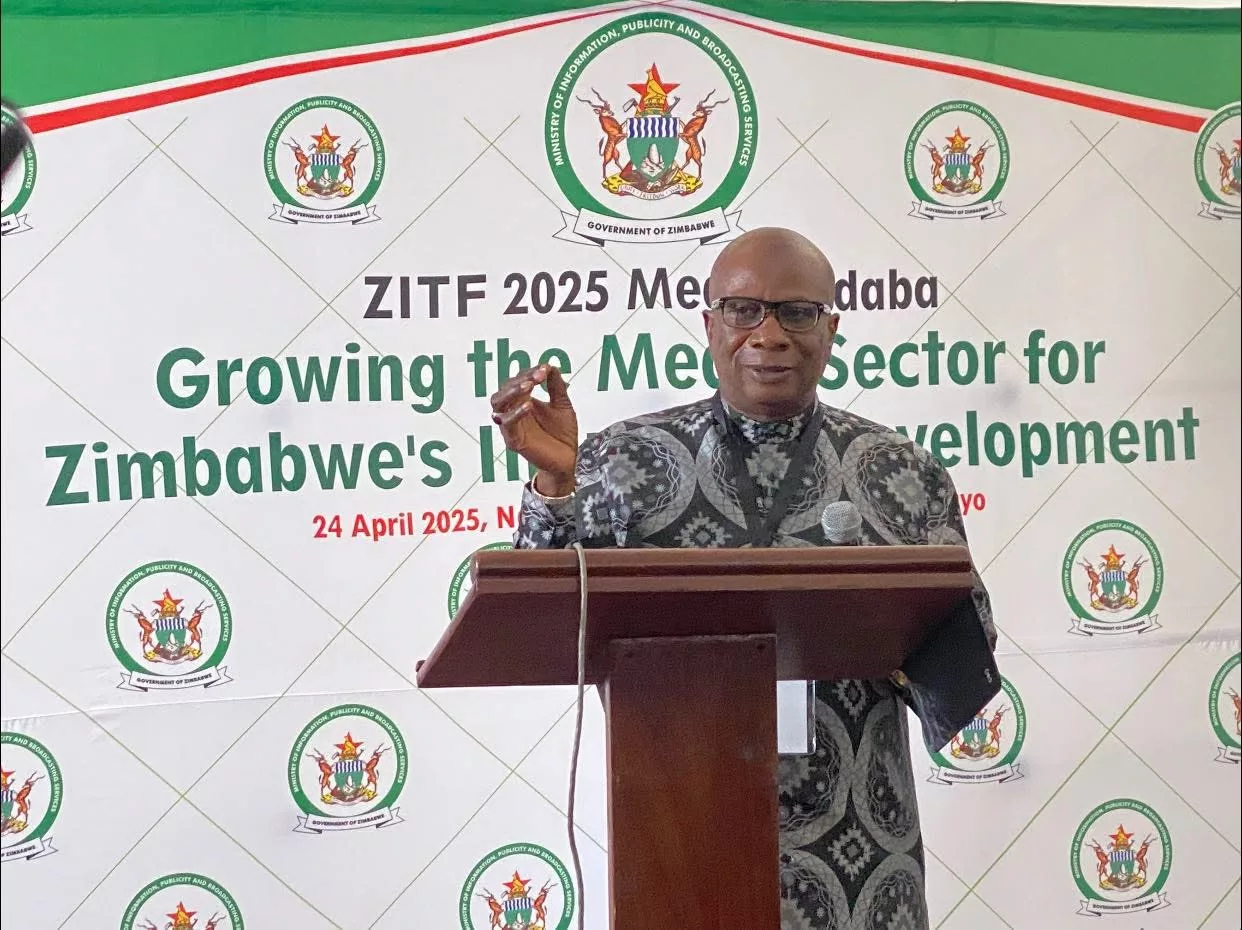COVID-19 has caused unprecedented economic and social disruption world over. Zimbabwe has 10 129 confirmed cases and 277 deaths as a result of COVID-19. Over 34 693 migrants have returned to the country since the onset of the pandemic. In response, IOM and partners have assisted government through multi-sectoral initiatives with a focus on strengthening core capacities for public health measures at points of entry (PoEs). Mental health and psychosocial support services (MHPSS) are a necessary part of this response as affected populations suffer the many negative impacts of the pandemic which include job losses, financial hardship, disturbances in education, the loss of loved ones, stigma and isolation.
Migrants are among the most affected groups as governments introduce regulations such as lockdowns and border closures to contain the spread of the disease. MHPSS services are therefore aimed at promoting, protecting and supporting the well-being of migrants, frontline staff and host communities through activities to reduce psychosocial vulnerabilities and promote community resilience. These activities are funded by The US State Department’s Bureau of Population, Refugees and Migration (PRM).
Beitbridge border post has received the bulk of returnees and it quickly became apparent how urgently MHPSS services were required. In response to this need, IOM has been offering MHPSS services.
To date a total of 156 (93 males and 63 females) have accessed the services, this includes returning migrants and frontline officials. Returning migrants present a range of concerns during counseling sessions, chief among them is uncertainty about the future as they return home after having been away for extended periods. Most are concerned about reintegrating into their communities with limited livelihood opportunities.
IOM will continue to offer MHPSS services, working closely with key partners such as the Department of Social Development, for referral of clients to existing social safety nets within their receiving communities. This support is part of a wider comprehensive assistance package funded by PRM, including but not limited to, personal protective equipment (PPE), post-arrival support to facilitate migrants’ reintegration, NFI kits, and the provision of homeward transportation for returnees to their home communities.
IOM Zimbabwe Chief of Mission, Mario Lito Malanca thanked PRM and the government for their continued commitment to vulnerable migrants and emphasized the importance of partnerships in humanitarian and relief activities.
“To effectively respond to COVID-19 and in order to deliver the ambitions of the Sustainable Development Goals to leave no one behind, the mental health and psychosocial needs of the most vulnerable must be protected along with their public health and socio-economic needs,” Mr. Malanca added.






